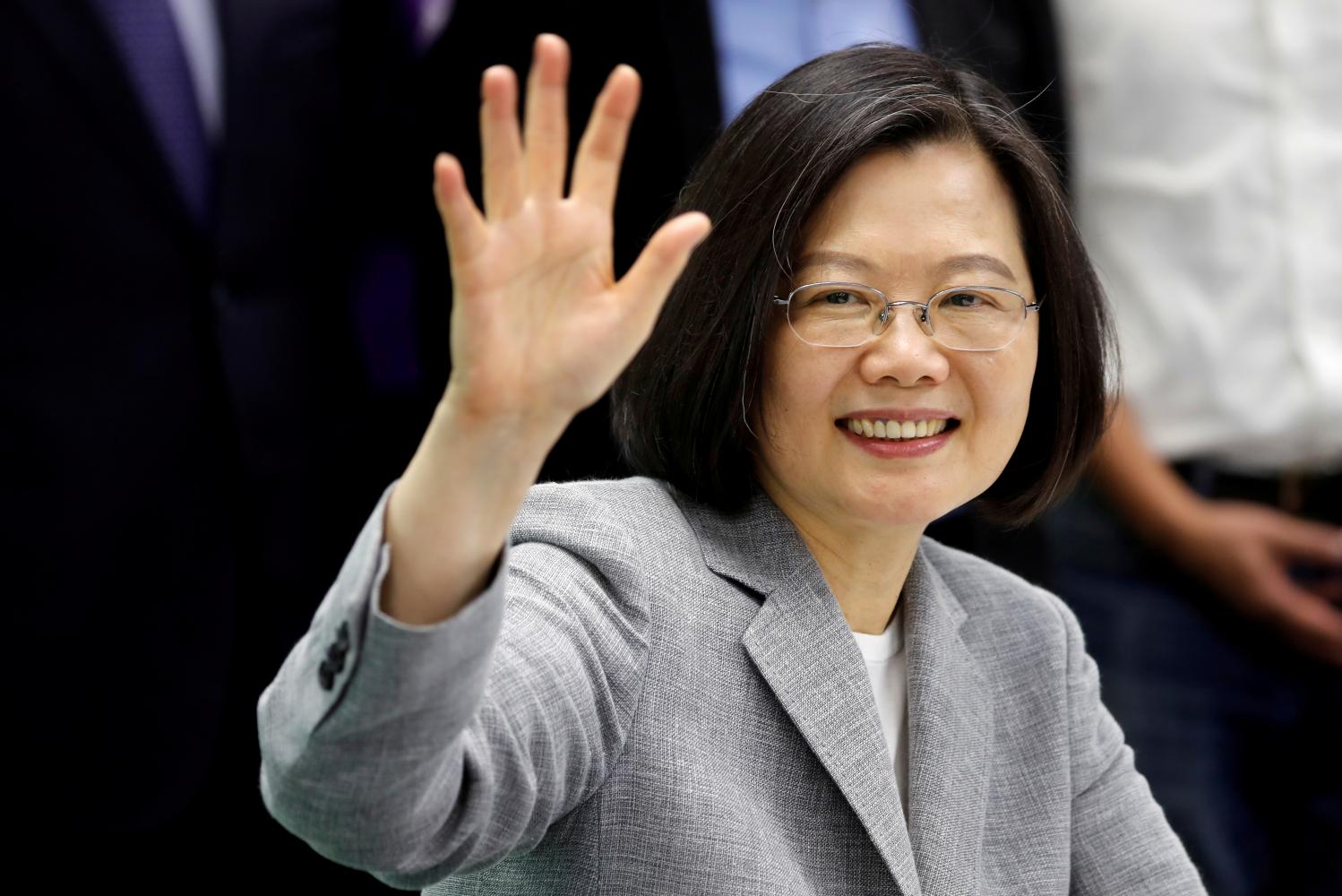The post-pandemic world presents perfect opportunities for Taiwan and its key partner countries, including India, to explore possibilities on working in new areas while strengthening cooperation in existing areas.
Taipei: Think tanks and civil society organisations have become key vehicles of Taiwan’s public diplomacy. Over the years, a range of Taiwanese think tanks have contributed in numerous ways in meeting the foreign policy objectives and realising the foreign policy agenda of its policymakers. Think tanks play a particularly crucial role when state-to-state relations have either not fully bloomed or are facing diplomatic constraints due to historical reasons, as is the case with Taiwan. However, there is little information and awareness of Taiwan’s dynamic think tank culture.
When Taiwan’s President Tsai Ing-wen took office in 2016, her focus was on adding a new dimension to Taiwan’s international presence and moving its overseas outreach to the next level
Appreciating the role think tanks have played and the potential that they have, think tank diplomacy has been identified as the fifth pillar of the New Southbound Policy that is forging regional links. Seemingly, Taiwan government is cognizant of potential benefits think tank diplomacy could accrue.
The first step in this direction was to make more room for newer think tanks that could focus on specific issues offering expert insights. Taiwan already was successful in reaching out to some of the influential western think tanks. Taiwan’s outreach to the United States’ think tanks has been such that it has impacted the government policies of both sides. Interlinkages between think tanks from both sides have contributed in shaping the relationship and keeping a sustained focus in improving the relationship. Similar approach could be applied with the regional countries through the effective use of the NSP. It is pertinent to mention here that the establishment of the Taiwan-Asia Exchange Foundation (TAEF) in 2018 was a constructive step in that direction. The critical role TAEF can play in Taiwan’s think tank diplomacy can be highlighted by the fact that it is the only Taiwanese think tank that has a mandate to focus on NSP partner countries.
To enhance dialogues between the civil societies and the strategic communities of Taiwan and the NSP partner countries, Yushan Forum, an annual foreign policy dialogue was launched. Inaugurated by the President Tsai Ing-wen herself, the forum, which focuses on social innovation and progress amongst other issues, also coincides with the island country’s national day. These two aspects of symbolism are further amplified by the fact that the name of the Yushan itself is inspired by the mountain “Yu Shan”, also known as the Jade Mountain—the highest mountain in Taiwan. Clearly, the name of the Forum is symbolic of Taiwan’s desire to reach heights in its regional engagement, and exhibit its resilience.
Second step is building institutional ties with the civil society and think tanks of the NSP partner countries. This could be done through a series of MoU/institutional agreements between Taiwanese and the NSP partner countries’ think tanks with concrete collaboration projects. Within the region, Taiwanese think tanks have mature connections with the think tanks in India and beyond. One example in this context is TAEF’s an institutional partnership with a leading Indian think tank, Observer Research Foundation (ORF).
Third step is to streamline the focus areas. As the Covid-19 pandemic subsides and Taiwan is opening up to the world again and, this is why the focus of the 2022 edition of Yushan Forum on three Rs: Revitalizing, Reorienting, and Reconnecting. The objective is to advance the flagship revitalizing programmes on both growth and developmental fronts, focus on not only ensuring post-pandemic economic recovery but also on bringing economies back on track.
The post-pandemic world presents perfect opportunities for Taiwan and its key NSP partner countries, including India, to explore possibilities on working in new areas while strengthening cooperation in existing areas. India’s Prime Minister Narendra Modi’s recently held meeting with Foxconn Chairman Young Liu in India can be seen as a strategic development in that regard.
The Covid-19 pandemic and China’s rising aggression have given birth to a number of strategic anxieties and economic uncertainties. These are extraordinary times, and unprecedented times require like-minded countries to move beyond conventional methods of diplomacy. Think tank diplomacy is one of the most successful tools of non-traditional diplomacy, where countries such as Taiwan, India, United States, Australia, and even Singapore have gained meaningful results. As Taiwan is taking stock of its NSP, it is both timely and natural that think tanks assume greater roles in Taiwan’s regional diplomacy.
Growing importance and appreciation of India as one of Taiwan’s most important NSP partner countries is also reflected in increasing deliberations on India and participation by the Indian diplomatic corps and members of the strategic community in the Yushan Forum. President Tsai has utilised the Yushan Forum as a platform for conveying strategic messages. Her statement, “Taiwan helps Asia, Asia helps Taiwan”, became the tagline of Taiwan’s diplomatic overtures in the region. Strategic use of think tanks and their public events to highlight Taiwan’s diplomacy at home and articulate foreign policy agenda is one of the key political communication tools of the Tsai government. Sustained focus and consistent engagement between Taiwan and the NSP partners’ civil society and think tanks could prove mutually beneficial, and could even persuade Taiwanese as well the NSP partner governments, including India, by facilitating them to set the agenda for post-Covid engagement and revitalization.
Alan Hao Yang is Executive Director at the Taiwan-Asia Exchange Foundation (TAEF) and Distinguished Professor, Graduate Institute of East Asian Studies, National Chengchi University, Taiwan.
Sana Hashmi is Postdoctoral Fellow at TAEF. She is a former Taiwan’s Ministry of Foreign Affairs’ Fellow, and a former consultant with India’ s Ministry of External Affairs.

